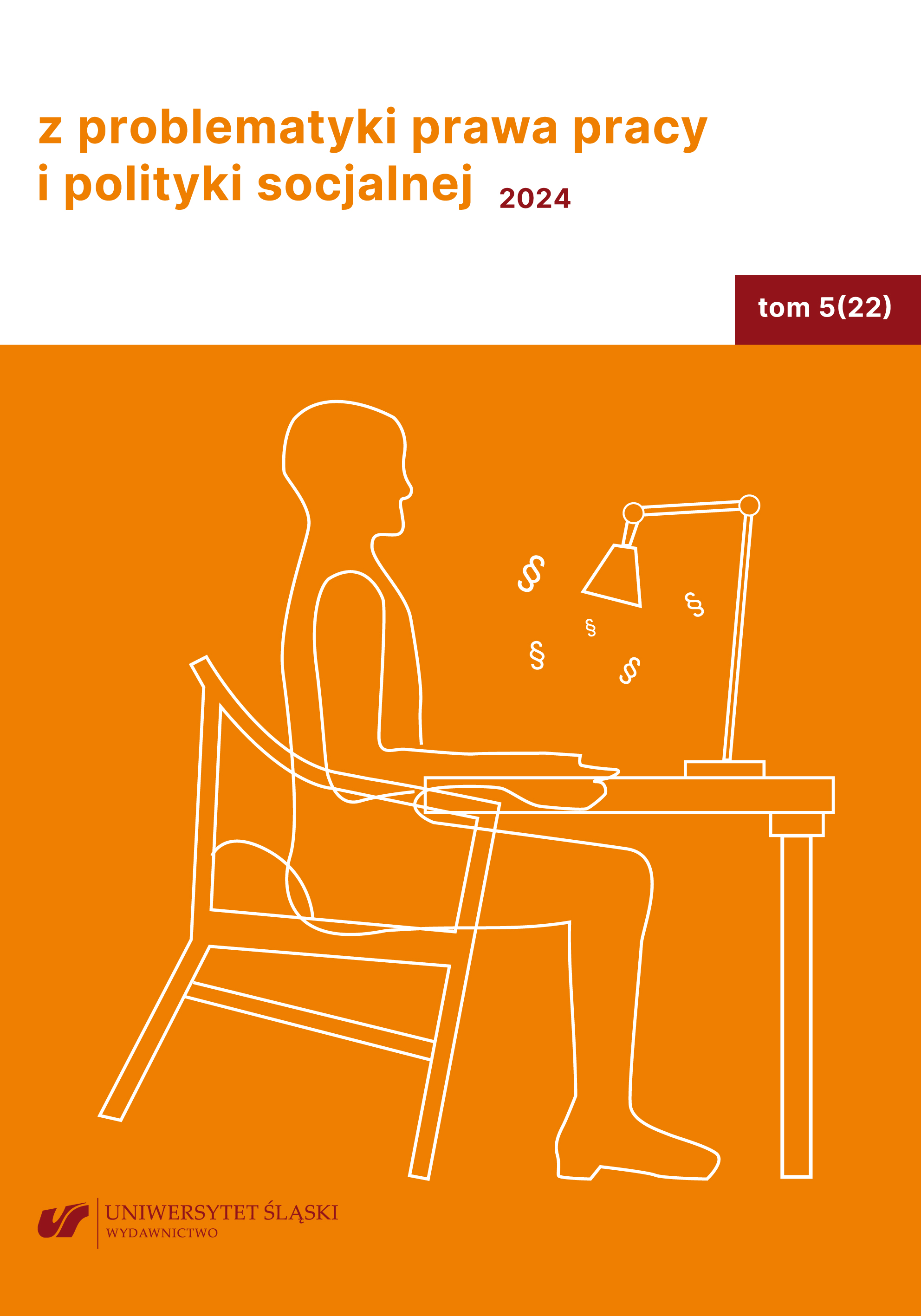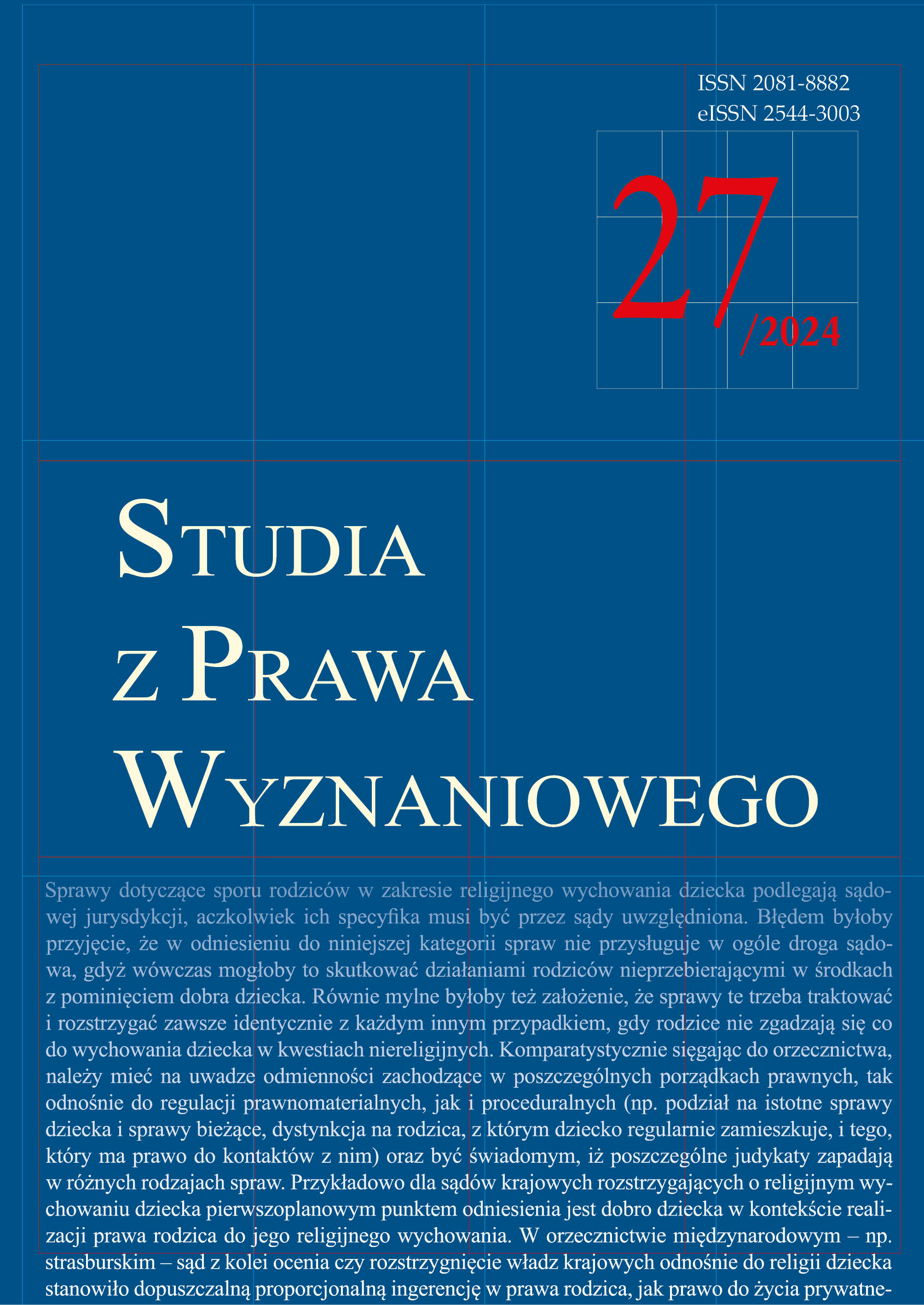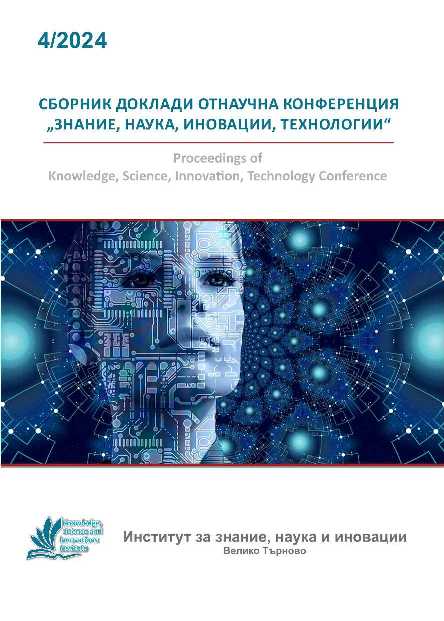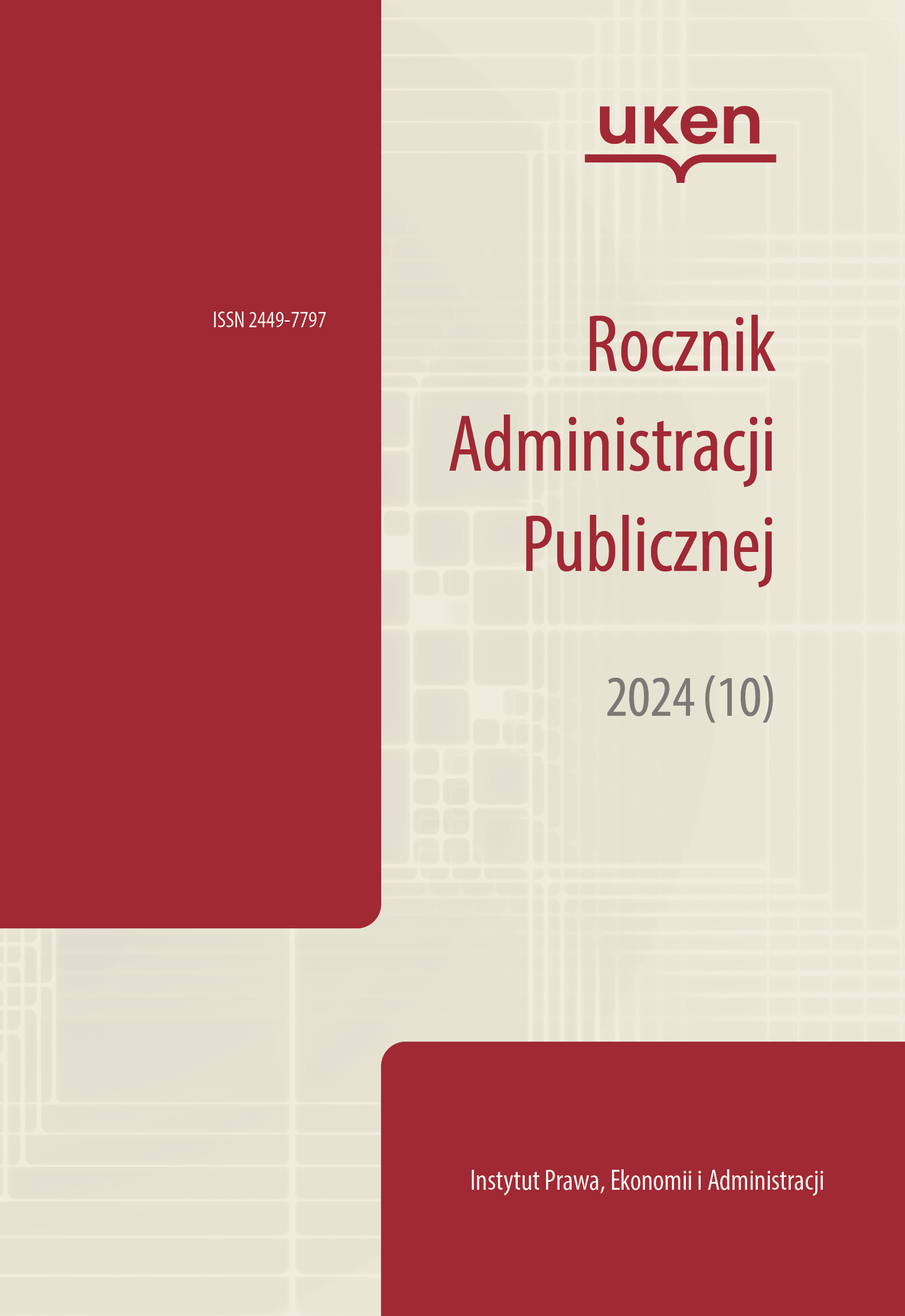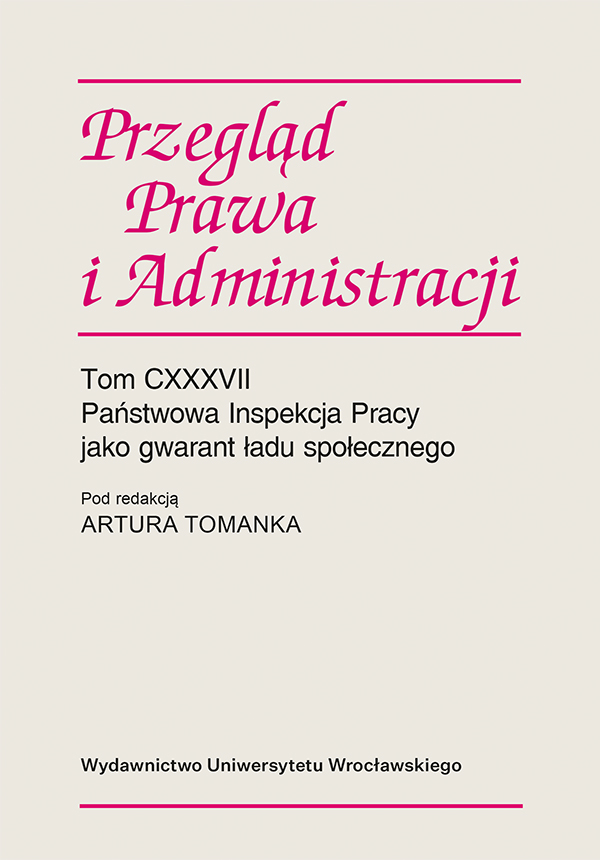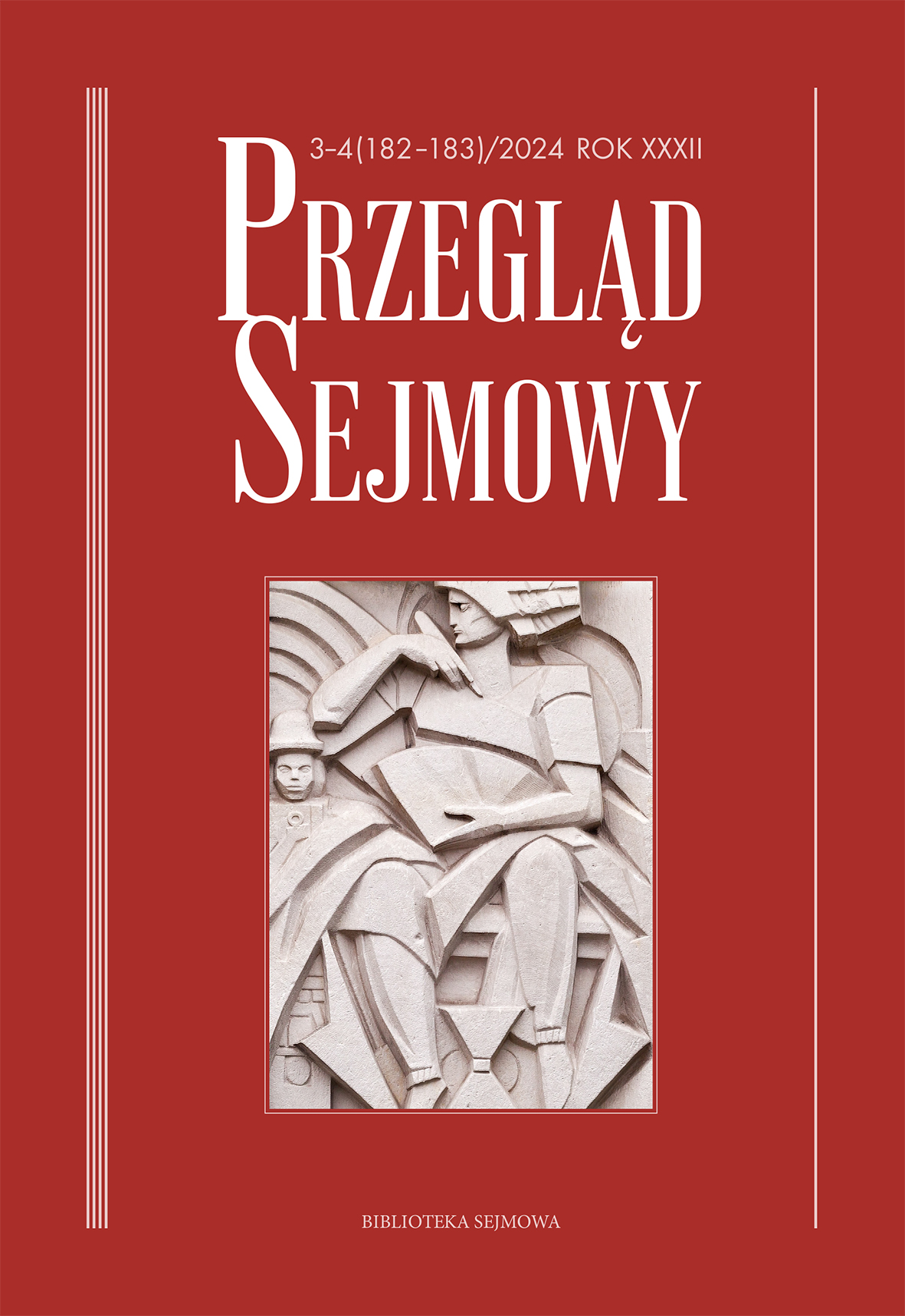
Wspólnota lokalna, narodowa i europejska. Od dobra wspólnego po wspólne wartości Polaków – wnioski z badań socjologicznych
In the sociological analyses of Polish society, concerning the period of the Polish People’s Republic and the early 1990s, it was written about the strong identification of Poles with only two communities – the family and the homeland. More than 30 years have passed since the political transformation, during which reforms were introduced to rebuild local communities, support the development of civil society and local community activities. With Poland’s entry into the structures of the European Union, the local community and national identity built anew after 1989, were joined by identification with and belonging to a supranational community – the European community (cultural and civilisational). This article is an attempt to answer the question, what does community look like in the awareness and everyday practice of contemporary Poles? The authors tried to investigate what Poles think about their presence in local, national and European communities, how they perceive their importance and evaluate their participation in them, and how they cooperate with each other by practicing community activities in their immediate surroundings.
More...
